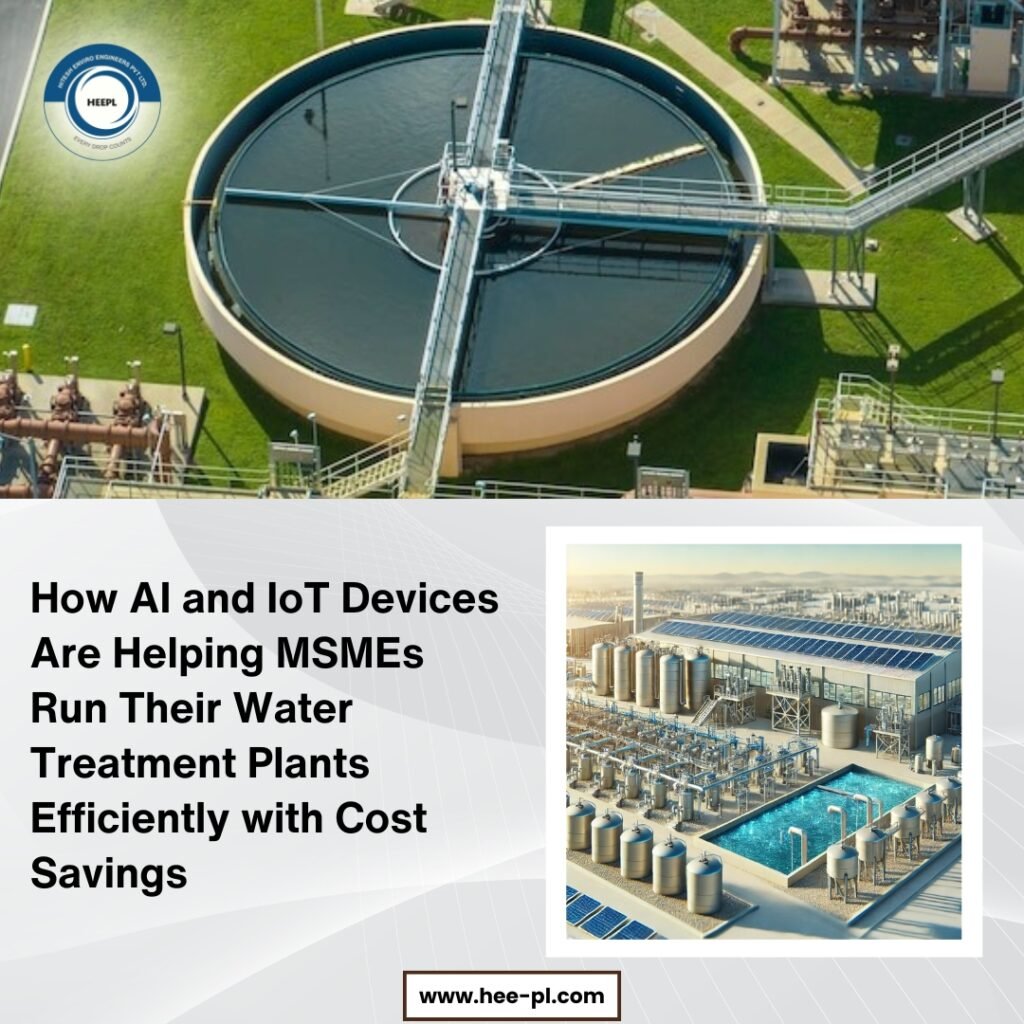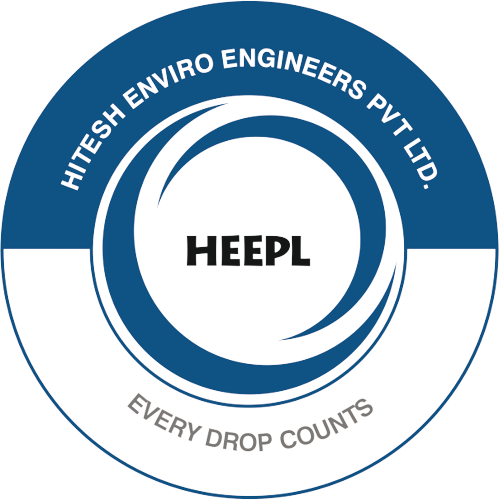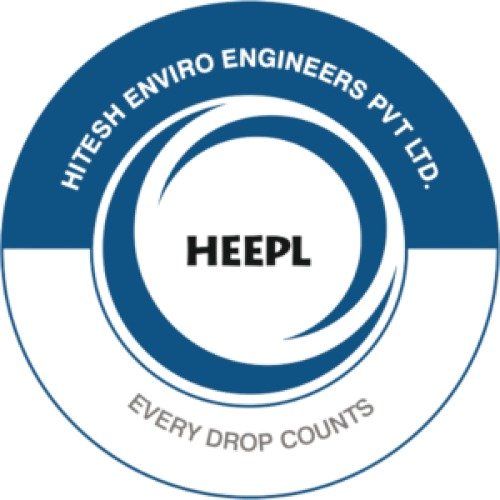
Micro, Small, and Medium Enterprises (MSMEs) are often challenged with managing efficient and cost-effective operations while adhering to regulatory standards. Water treatment is a critical aspect for industries such as manufacturing, energy, and food processing, and optimizing this process is essential for sustaining operations while managing costs. Artificial Intelligence (AI) and the Internet of Things (IoT) are revolutionizing water treatment systems, providing MSMEs with powerful tools to improve efficiency and reduce costs.
Real-Time Monitoring for Enhanced Performance
IoT sensors are transforming how MSMEs monitor their water treatment processes. These sensors continuously track key parameters like pH levels, water flow, chemical concentrations, and energy consumption, transmitting real-time data to central systems. AI algorithms analyze this data, identifying inefficiencies or abnormalities and alerting operators instantly. Whether it’s detecting a malfunctioning pump or irregular chemical dosing, real-time monitoring allows quick intervention, reducing the risk of system failures and minimizing downtime.
Predictive Maintenance Saves Money
Traditional water treatment plants rely on fixed maintenance schedules, which often result in unnecessary repairs or overlooked issues. AI, combined with IoT, enables predictive maintenance by analyzing historical and real-time data to anticipate equipment failures before they occur. For example, AI can predict when a pump or filtration system is likely to fail, allowing MSMEs to conduct repairs or replacements at optimal times. This proactive approach reduces expensive emergency fixes, extends equipment life, and prevents costly downtime, ultimately saving money in the long run.
Process Optimization with AI
Water treatment processes such as filtration, chemical dosing, and disinfection are crucial yet energy and resource-intensive. Traditionally, these processes are managed based on fixed schedules or manual judgment, which can result in inefficient resource use. AI-driven systems can optimize these processes in real-time by analyzing incoming water quality, chemical demand, and energy consumption.
For example, AI algorithms adjust chemical dosing to ensure that only the required amount is used, based on water quality data. Similarly, filtration and disinfection rates can be fine-tuned for energy efficiency. This not only reduces chemical and energy costs but also ensures the water quality meets required standards, making operations more sustainable.
Energy Efficiency and Cost Reduction
Energy consumption in water treatment plants can account for a significant portion of operational costs. IoT-enabled devices track water flow and adjust pump speeds accordingly, ensuring that energy is used efficiently. AI algorithms can further optimize energy consumption by analyzing usage patterns and creating more energy-efficient schedules, reducing electricity costs. For MSMEs with limited budgets, these energy-saving measures are crucial in improving their financial sustainability while promoting environmental responsibility.
Conclusion: Future-Ready Water Treatment for MSMEs
AI and IoT are more than just buzzwords; they are the driving forces behind more efficient, cost-effective, and sustainable water treatment plants for MSMEs. By implementing these technologies, businesses can streamline their operations, reduce waste, and ensure compliance with environmental regulations. From predictive maintenance and real-time monitoring to process optimization and energy efficiency, AI and IoT provide powerful tools that help MSMEs maximize their operational efficiency.
As industries continue to embrace these advanced technologies, the potential for even greater savings and efficiency will increase, helping MSMEs to scale their operations sustainably. By adopting AI and IoT, MSMEs can ensure that their water treatment processes are both cost-effective and environmentally responsible, paving the way for a smarter, more sustainable future.

